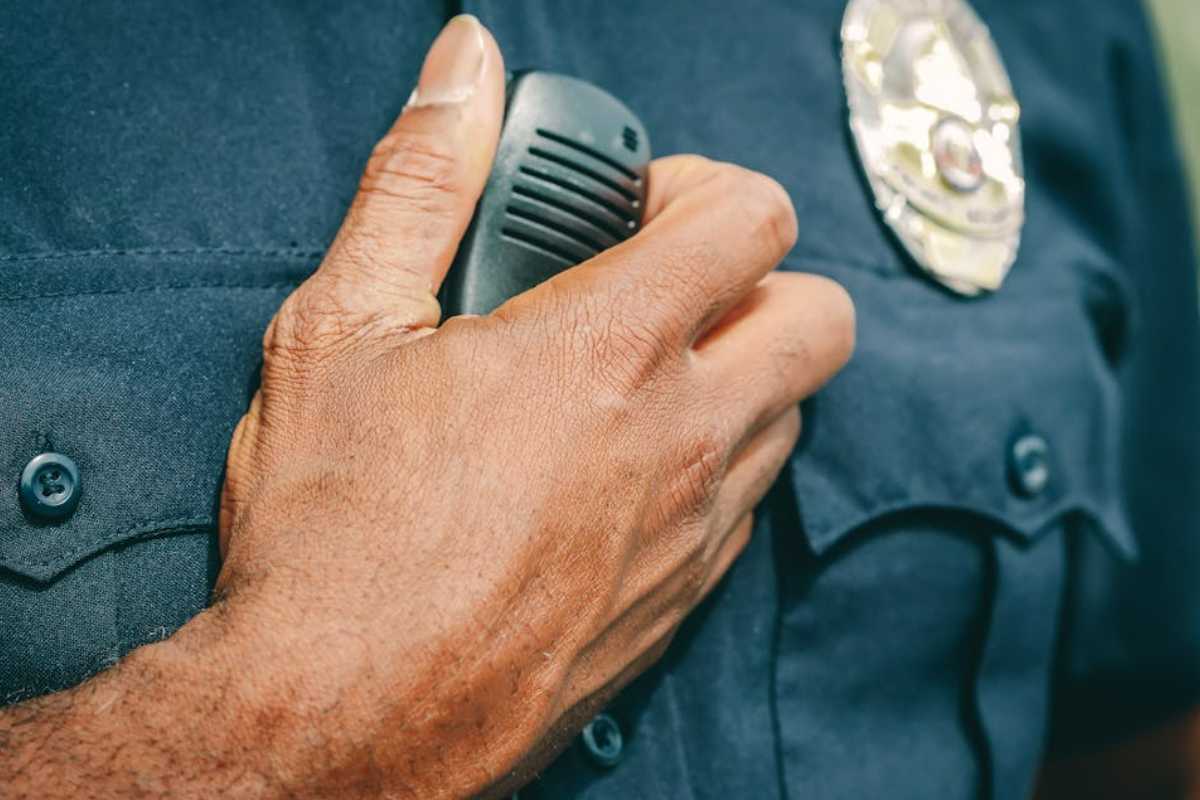
As technology as a whole has evolved, so have two-way radios. You can now find digital radios designed for maximum privacy, security, and safe communication. Today’s professional-grade radios are licensed digital radios that actively prevent interference and unauthorized access.
Additionally, digital encryption algorithms are used to prevent the decoding of voice data without the correct keys. This style of encryption is called Advanced Encryption Standard (AES). With digital radios containing features that prioritize security, there are also models with dedicated hardware aimed at further securing encryption and data protection that are not found on standard models.
Advanced radios are used for business operations and other professional use cases, as opposed to typical consumer models. Now that you’re familiar with the encryption and privacy components in today’s talk radios, let’s move on and discuss how these changes provide for safe walkie talkie communication. Read on to learn more.
Traditional And Consumer Walkie Talkie Communications
Privacy features are lacking in traditional walkie talkie radios. Since they run on public frequencies, they do not have the privacy components that keep conversations protected and coded against unauthorized access. A step up from public frequencies, consumer radios may be enhanced with uncommon frequencies as well as brevity codes and transmission power reduction to filter for interference.
Choosing The Right Model
Although analog radio systems may include scrambling, any committed listener can tune in long enough to decode the information, eliminating basic privacy. For private, secure communication, two-way radios that offer encryption far outweigh consumer analog models. Advanced digital walkie talkie devices scramble up voice data so that what is said is not perceivable without the use of the right decryption key.
Ensuring Safe Communication
Safe communication is made possible with appropriate security levels for today’s two-way radios and walkie talkie devices. For businesses and other operations that require secure confidentiality, digital two-way radios are ideal; this truth extends to public safety use cases.
For peace of mind, make sure that your radios are licensed for business use. You should see a Federal Communications Commission (FCC) license to verify the use of business-level frequencies and to ensure that your channels are clear of interference and are entirely private.
Verifying Security Levels
To protect sensitive information, make sure you use the safest, private-line walkie-talkie devices. Always go for PTT or DMR to maintain secure usage. Likewise, verify the level of security involved by ensuring that walkie talkie devices support AES in the same range as government agencies (those with a high bit level). Some radios for purchase include 256-bit AES encryption, and programmed keys included at the time of purchase.
Going For More Than Basic Protection
Avoid settling for basic privacy through analog models that only use a scrambling function to protect voice data. Opt for advanced security features that disable radios when lost or stolen to protect against unauthorized access and listening. For the safest communication, choose private two-way walkie talkie systems with encryption and privacy features that contain pre-programmed encryption keys and high AES security.
*** This article is for entertainment purposes only and is not considered professional or educational advice.
Also Read: Key Benefits of Working with an Experienced IB Broker
